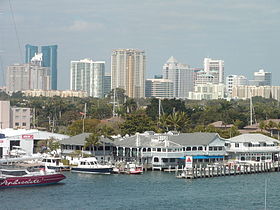Updated 9/02/11 to reflect expanded federally declared disaster area.
The Internal Revenue Service is providing tax relief to individual and business taxpayers impacted by Hurricane Irene.
The IRS announced today that certain taxpayers in North Carolina, New Jersey, New York, Vermont and Puerto Rico will receive tax relief, and other locations are expected to be added in coming days following additional damage assessments by the Federal Emergency Management Agency (FEMA).
The tax relief postpones certain tax filing and payment deadlines to Oct. 31, 2011. It includes corporations and businesses that previously obtained an extension until Sept. 15, 2011, to file their 2010 returns and individuals and businesses that received a similar extension until Oct. 17. It also includes the estimated tax payment for the third quarter of 2011, which would normally be due Sept. 15.
 Tax Relief Blog
Tax Relief Blog









